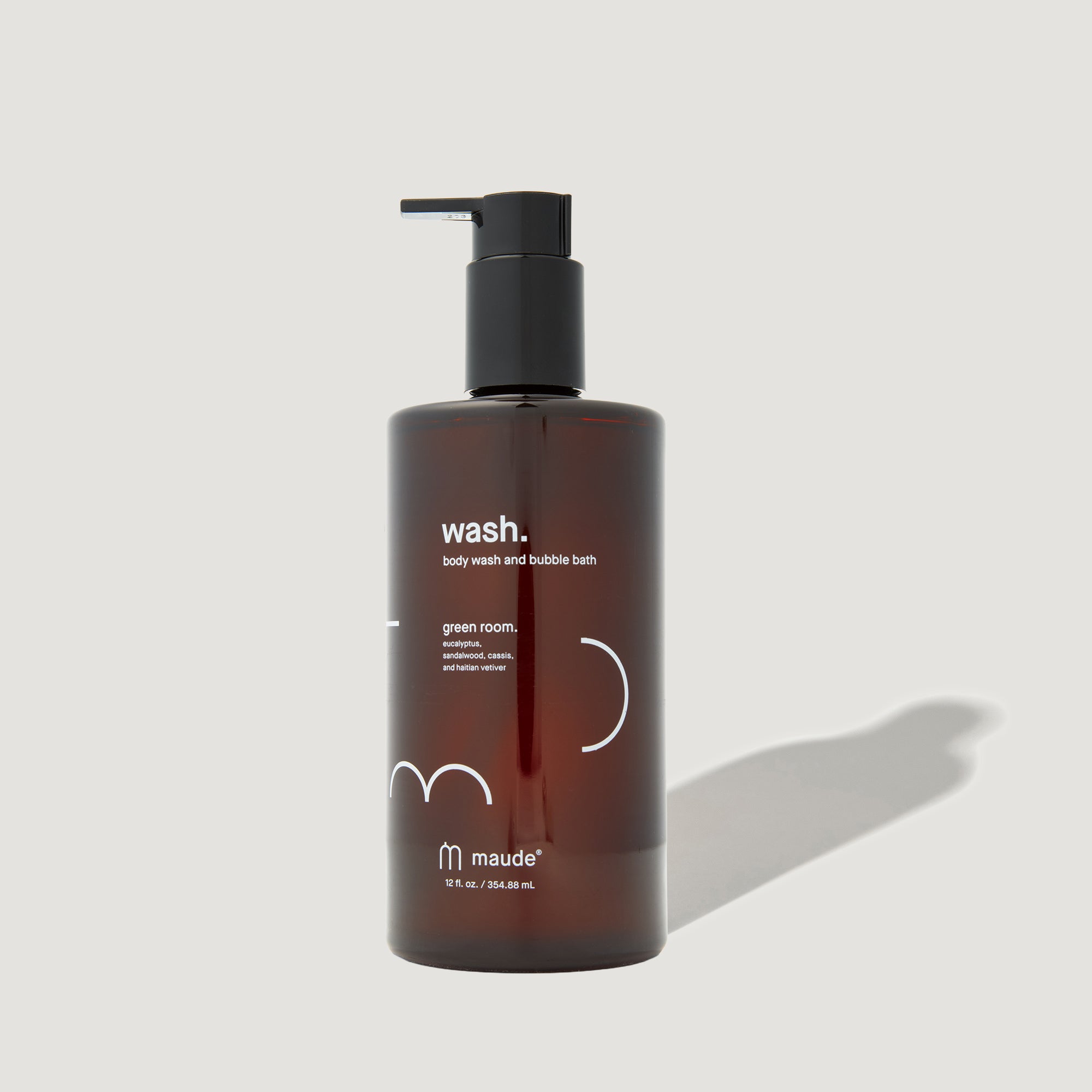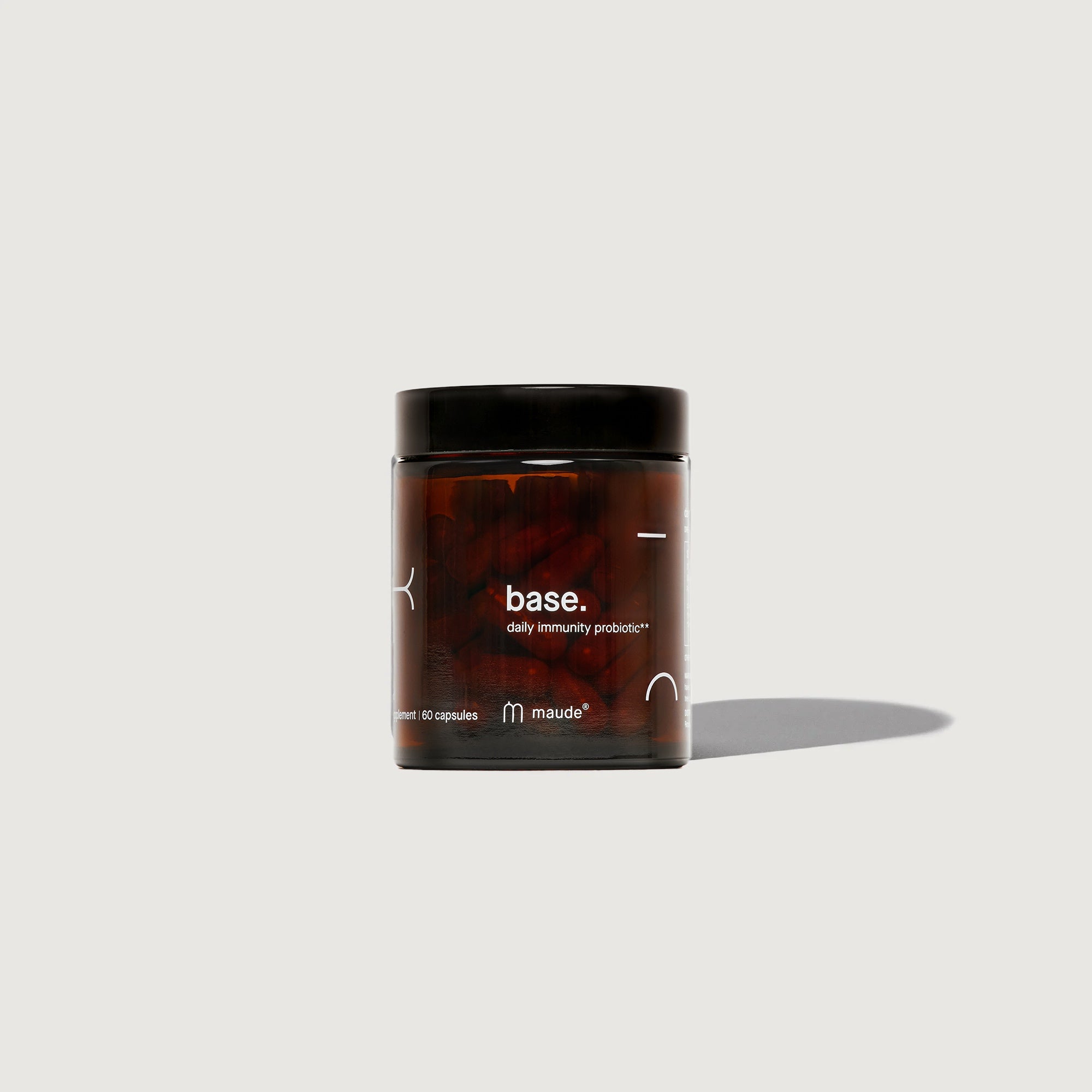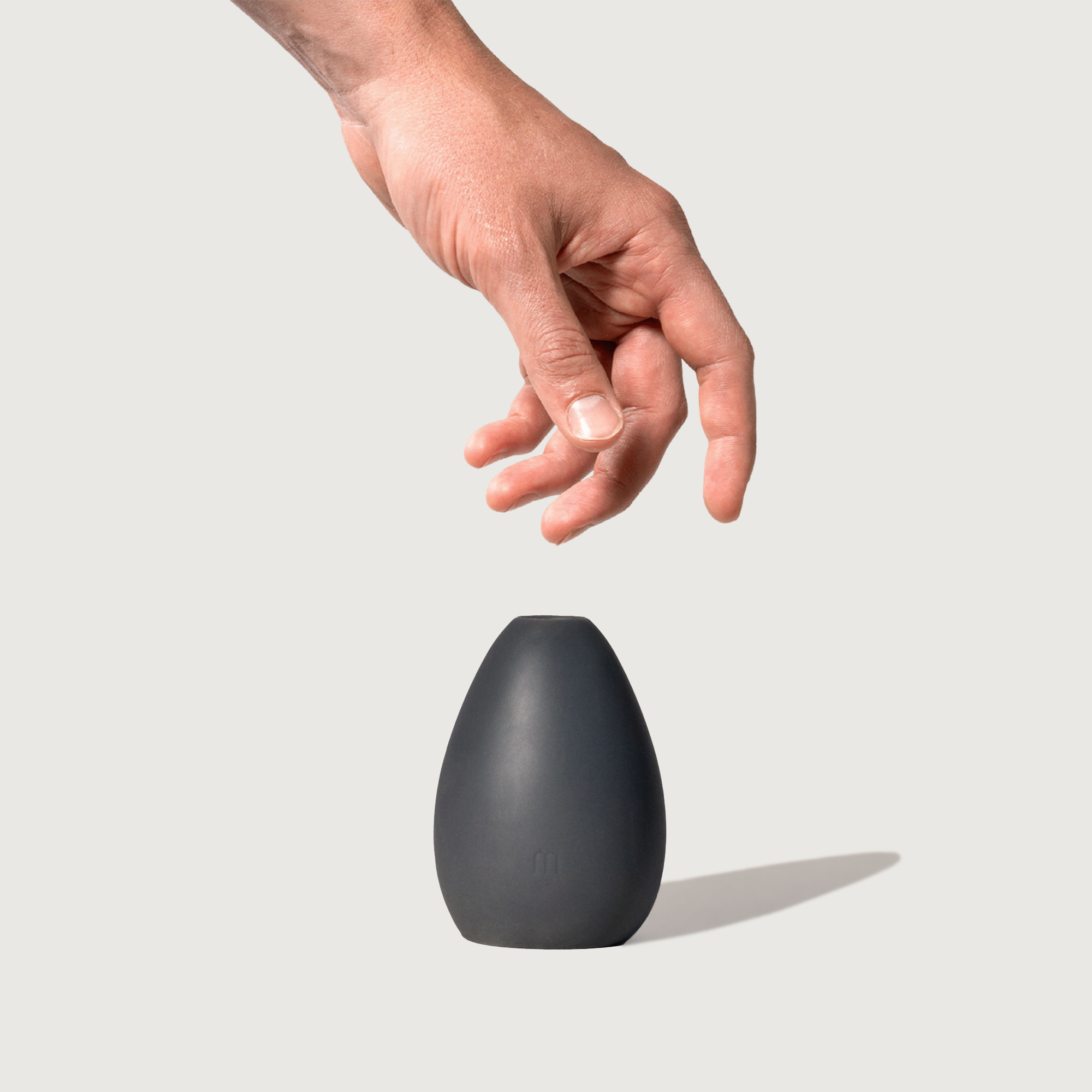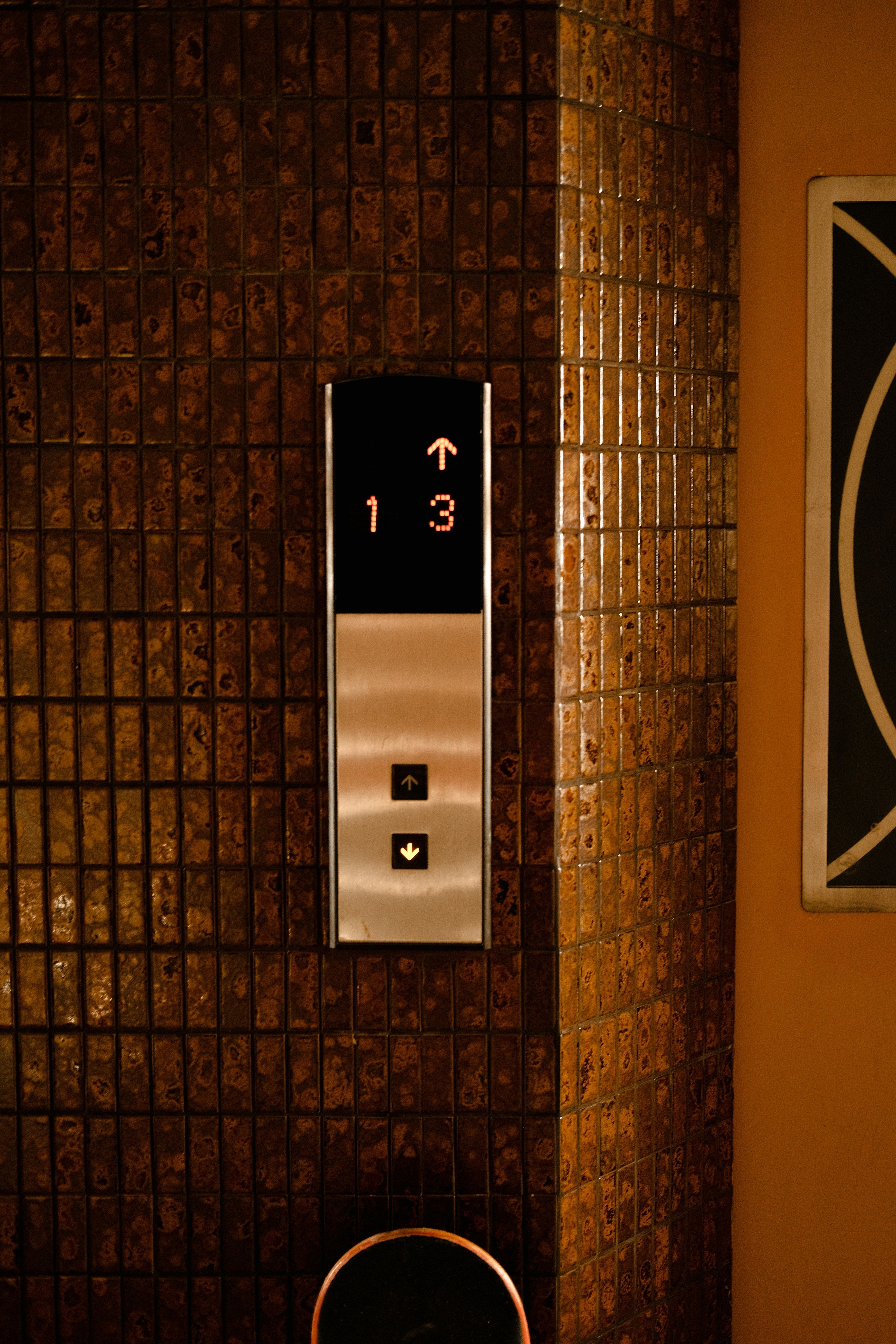What fantasies do to the brain.

The neurological effects of when you let your sexual imagination run wild.
Imagination is what makes us human. Our capacity for fantasy, telling ourselves stories, and temporarily reshaping the world to meet our needs, is key to pretty much everything we have as a species. Without fantasy, we have no aspiration, no ambition, no humor. But how does it work within your brain? And what’s the deal with sexual fantasies?
DaydreamingThere is “stimulus-independent thinking” when your mind wanders—you’re waiting in a queue and find yourself living out elaborate adventures in your head. Far from daydreaming being an idle activity, it requires a lot of work on the part of your brain. As a 2014 paper in the Annals of the New York Academy of Sciences puts it, daydreaming requires someone being able to “retrieve episodic, autobiographical, or semantic information, think about or plan aspects of their future, imagine novel scenes, infer the mental states of other people, reason about moral dilemmas or other scenarios, comprehend narratives, self-reflect, reference information to one’s self, appraise or reappraise emotional information, and so on.” So a lot is going on, even involuntarily—cherry-picking elements from remembered experiences, previously imagined ones, hypothetical situations, exaggerated real-world elements.
Why people fantasizeThen there is opting to create a fantasy scenario—actively fantasizing rather than passively daydreaming. There are plenty of reasons to do this. According to research from the Kinsey Institute surveying over 4,000 people, 80% of people fantasize to become aroused, 70% out of curiosity about different sexual experiences, and 60% to meet unfulfilled sexual needs. Some used fantasizing to plan future endeavors, some to explore desires they wouldn’t want to explore in real life, and a third of respondents found fantasizing increased their sexual confidence.
A 2007 paper in the Journal of Neuroscience which used an fMRI machine to scan the brains of people as they created made-up scenarios in their head found that “when subjects construct new fictitious scenes an extended brain network involving the hippocampus, parahippocampal gyrus, retrosplenial cortices, posterior parietal cortices, and ventromedial prefrontal cortex is active.” They found that the brain was similarly activated when creating a completely new situation as when recalling a previously imagined one, suggesting recall of memories is a key element of conjuring up fantasies.
Where fantasy meets… math?It turns out sexual fantasies might have real-world benefits beyond being fun in and of themselves—they can boost your analytical skills. In 2009, a team of Dutch researchers wanted to examine the differences between thinking about sex—as a short-term, immediate, specific scenario—and a relationship as a more long-term, broad, big-picture idea.
They had one group of subjects imagine going on a long romantic walk with their partners, and another group imagines meaningless casual sex with someone they weren’t romantically involved with. When both groups then did cognitive tests, the ones primed to think about love did better on creative tasks and worse on analytical ones, while the ones primed to think about sex did better on analytical tasks and not so well creatively. The specifics of the sexual fantasy—put this there, then do that to this, etc—encouraged ‘local processing in the brain, focusing on details.
If it makes you feel good and improves your math skills, that can’t be bad.




